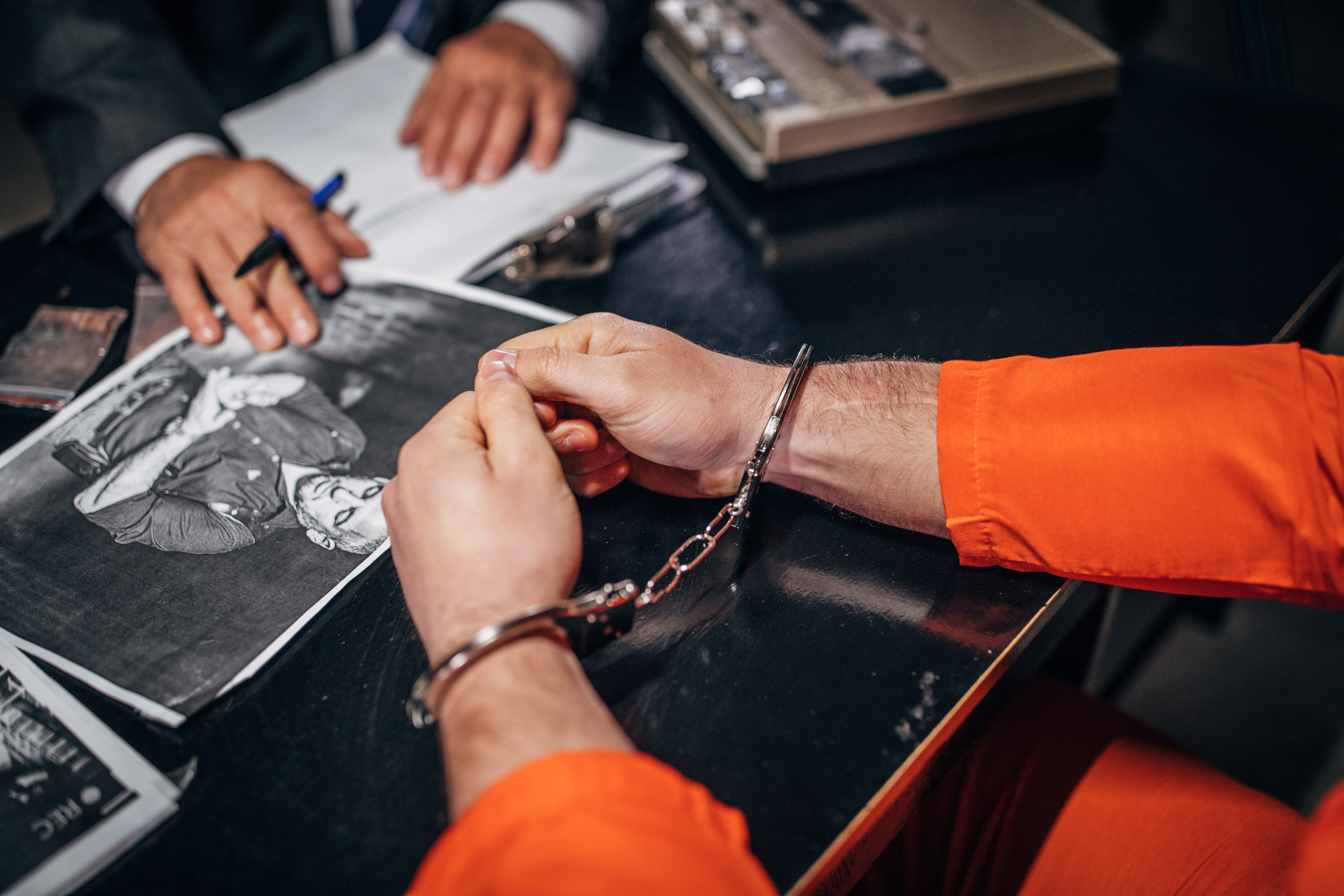The organization of criminal justice
One of the most extensive lines of work of the CIDS is related to the organization and operation of criminal justice.

The overall questions that this line of research seeks to answer are: How are the different actors in charge of prosecuting the imposition of penalties for the perpetration of crimes in Chile organized? How does that influence the results of the system?
The CIDS, through its members Javier Wilenmann and Carlos Correa, participates in several simultaneous projects related to the organization and operation of the penal system.
The more general project seeks to trace an organizational history of the National Prosecutorial Office, as a case study of the way in which legal institutions face complex pressures. This is part of the Fondecyt N° 1210444, in which Javier Wilenmann is the principal researchers with the collaboration of the historian Marianne González and the sociologist Isabel Arriagada.
The organizational history of the Prosecutorial Office is of theoretical interest as a way of approaching the pressures that affect criminal justice in general. The Prosecutorial Office is an institution created 20 years ago and that came to establish a practice of adversarial persecution. The installation of the reform of which it was a part sought to highlight the value of public trials and litigation for purposes of establishing the guilt of a person. Over time, however, the Prosecutorial Office has had to constantly change its ways of working and organizational models, facing pressures that transcend the demands of the legal culture. Thus, this office must honor demands of efficient work with respect to a massive demand for processing; demands arising out of public security; and it must maintain, despite this, part of its original legalistic identity.
A second line of investigation, led by Javier Wilenmann and Carlos Correa , seeks to understand and explain the dynamics of prosecution of different kinds of crimes. Together with Juan Pablo Aristegui, Wilenmann has investigated through mixed methodologies the dynamics of prosecution of low-level crimes in Santiago. From a more theoretical perspective, Wilenmann has also explored the dynamics of prosecution and defense in corruption crimes. Additionally, Carlos Correa has investigated the challenges and limitations of the prosecution of environmental crimes in Chile.
Una última línea de investigación dice relación con las dinámicas de desarrollo del sistema penal en su conjunto. Esta línea incluye investigaciones sobre las causas del aumento de las tasas de encarcelamiento en Chile, o sobre los procesos que influyen en los resultados agregados que produce un sistema penal. En un trabajo a ser incluido en un número especial de una revista internacional, Javier Wilenmann y Maite Gambardella analizarán asimismo las dinámicas cambiantes de ruptura y dependencia del trayecto que han influido en la regulación de determinación de la pena en Chile.
A final line of research is related to the development dynamics of the penal system as a whole. This line includes research on the causes of the increase in incarceration rates in Chile , or on the processes that influence the aggregate results produced by a penal system. In a paper to be included in a special issue of an international journal, Maite Gambardella and Maite Gambardella have analyzed the changing dynamics of rupture and dependence on the route that have influenced the regulation of sentencing in Chile.